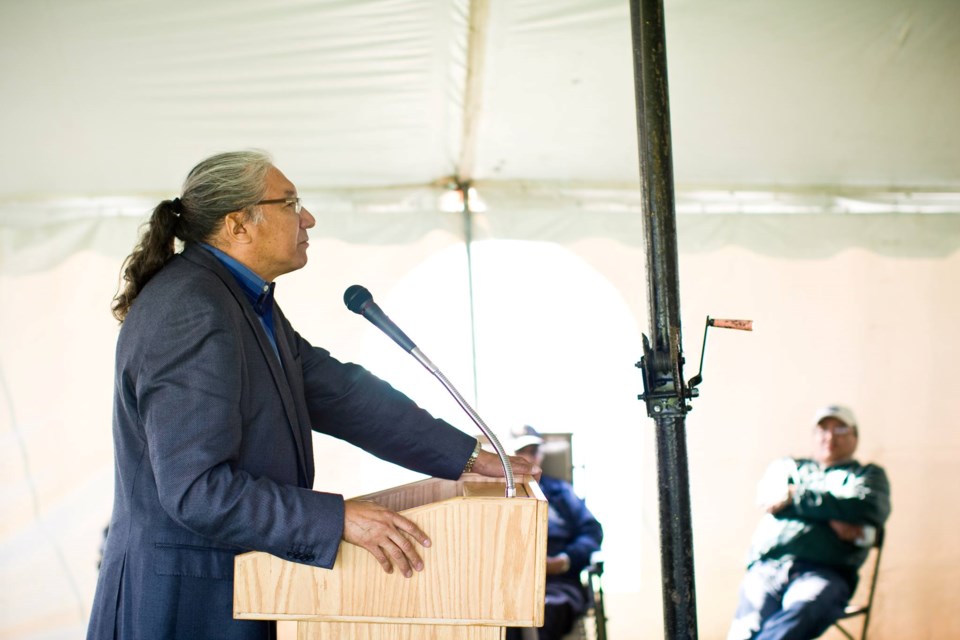KENORA – Participation is crucial to getting the change we want to see happen, says the Liberal candidate for Kenora-Kiiwetinoong.
“I believe in order to positively influence policies that impact our people, we have to participate in that system,” Charles Fox told Dougall Media.
The Bearskin Lake First Nation member and veteran Indigenous leader said that’s a key reason why he has put his name on the local ballot for the April 28 federal election.
“I want to pass that sentiment, that belief that I have, to our people and thereby begin to create or generate a positive relationship and partnership with the society at large.”
The many issues that need to be addressed in the sprawling northern riding include resource development, environmental protection and connecting remote communities with all-weather roads, he said.
How to “address common issues that we have as a people regardless of race” is an important question for all of us, Fox remarked.
“You have addictions,” he offered as an example. “Prescription drug addiction is rampant. It’s raging throughout all the communities. How do we work together to address that?
“How do we look at economic sustainability for the region? I understand environmental issues. I understand rights issues. I understand that we need resources for resource development.
“How do we begin to develop that dialogue and how do we begin to plan for those types of activities that will generate economic growth and sustainability?”
Fox was Grand Chief of Nishnawbe Aski Nation, which represents Treaty 5 and Treaty 9 First Nations across northern Ontario, from 1994 to 2000. He was Regional Chief in the Chiefs of Ontario from 2000 to 2005.
He ran for the Ontario Liberals in 2018 in the Algoma-Manitoulin riding, where he placed third with 8.1 per cent of the vote.
This is his first time as a candidate in a federal election.
Fox said Kenora-Kiiwetinoong could benefit from having a voice in the governing caucus.
“The governing party is the Liberal government. If you’re going to influence policy, you’ve got to be in that party. You’ve got to be able to participate in the discussion of policies that are being made that affect the local communities of Kenora-Kiiwetinoong,” he said.
“Yes, as an opposition party member you can ask questions on the floor. But I think the real discussion is behind closed doors (in government caucus meetings).
“So for me, I see that as being important, and it would be nice to be part of that discussion behind closed doors to influence policies.”
Stretching north to Hudson Bay, Kenora-Kiiwetinoong spans almost 257,000 square kilometres in area and has a population of about 62,000. It includes Dryden, Kenora, Red Lake, Sioux Lookout and many First Nations within Treaty 3 and Treaty 9, including Bearskin Lake.
